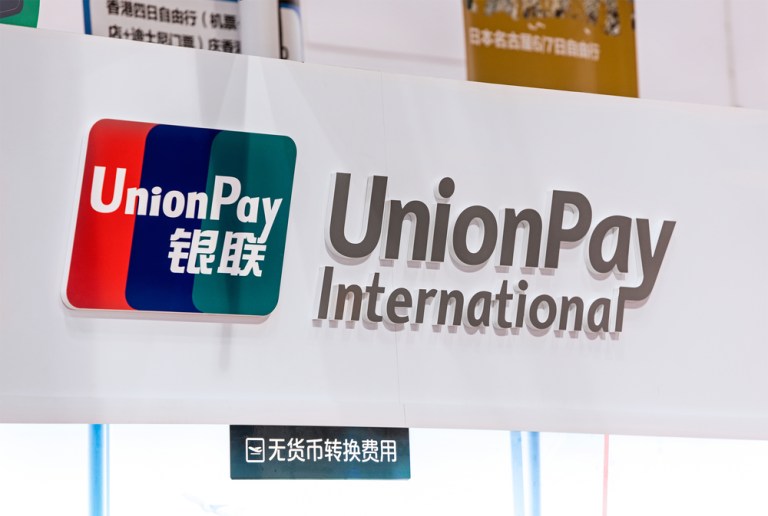Flywire Renews UnionPay Partnership

Continuing a partnership first announced last spring, as of today Flywire and UnionPay International are announcing the re-launch of a promotional program that will offer Chinese nationals the option to use their UnionPay cards for global tuition or healthcare payments for a greatly discounted fee.
As a result of the discounting, Ryan Frere, VP Global Payments at Flywire, told Karen Webster shortly before the news was announced, using a UnionPay card in an Flywire payment will now cost basically the same amount as payment via bank transfer.
“Relaunching the program was really a no-brainer for us — UnionPay is a great champion for us in market, the partnership generated tremendous positive feedback from clients last year and UnionPay saw massive increase growth for the payment method on Flywires platform,” Frere noted.
With 662,000 people studying abroad and around 630,000 people seeking outside medical treatment globally in 2018, China sent roughly the population of Boston abroad last year seeking education or healthcare. That number is expected to increase next year.
It is a big market that — until the Flywire promotion last spring, Frere noted — UnionPay had a difficult time breaking into. As payment methods on the Flywire platform go, he told Webster, UnionPay wasn’t a primary method until last spring; in fact, it barely made a dent. After the discounting program, the situation was quite different. UnionPay is not the leading payment method on the platform, he noted, but it has grown more than ten-fold on Flywire and is now a primary method.
“What we have seen is if we can provide a more convenient online card-based method, you find payors chose that option over slower methods like wire transfers all day long,” Frere noted.
Part of that, he noted, is the rather expected preference for speed and certainty that any payor anywhere on Earth has. Knowing exactly how much the payment will be, exactly when it will be there and being able to choose exactly the method one wants to make that payment is critical for any payor.
But, he noted, particularly when one looks at something like a healthcare payment, that speed and certainty is more than preferable — it can literally be a matter of life-and-death. Of those six-hundred thousand plus Chinese citizens coming to the U.S. for treatment, he noted, many are dealing with very serious medical issues that they can’t even begin to schedule treatment for until a payment is made.
Opening up UnionPay cards as a method, Frere noted, is a critical because of the firm’s almost totally unique status on the planet as being the card product in the Chinese customers’ wallet.
“If you look at the growth and the presence of UnionPay as a brand, I don’t know of another product in another market that is even close to having that kind of penetration,” he said.
Working with UnionPay, he noted — and renewing that partnership now as Chinese students are hearing back from their universities of choice, he said — is the natural path forward for the two firms.
“This is a payment method people like to use, and when all cost factors are made equal will absolutely choose to use, and the natural goal for any payments platform is to let the payor have their first choice, particularly for payments as large and personal as tuition or healthcare.”